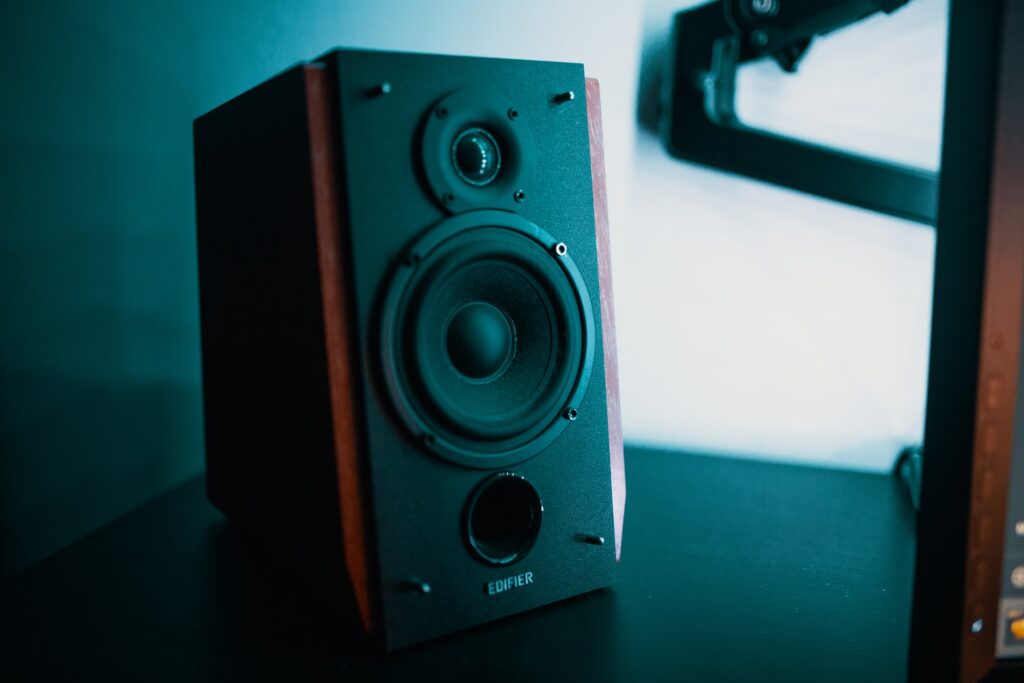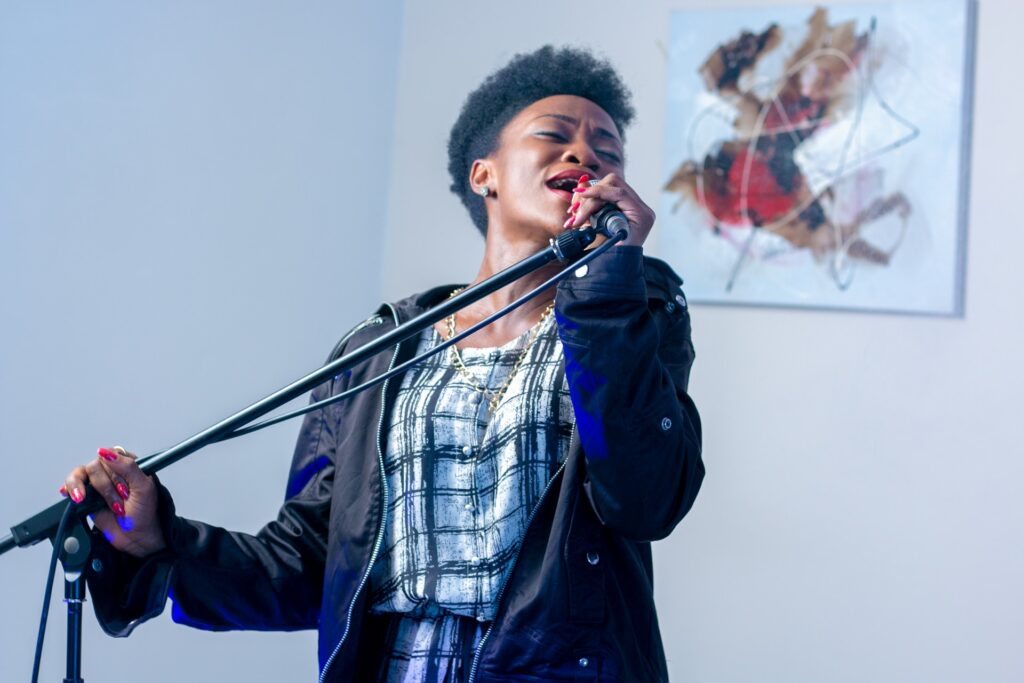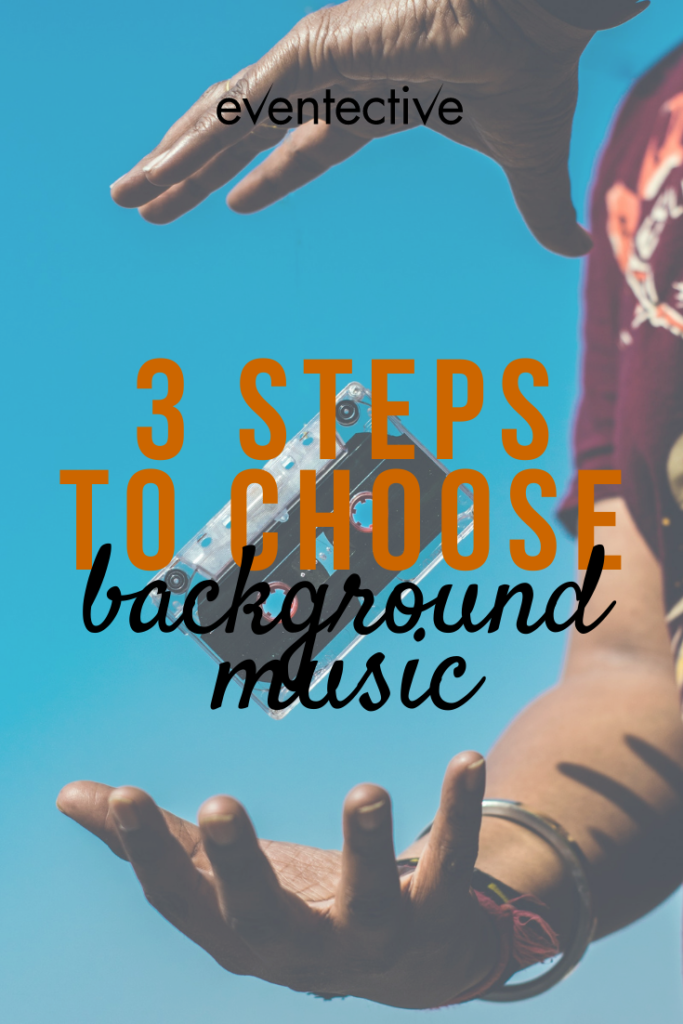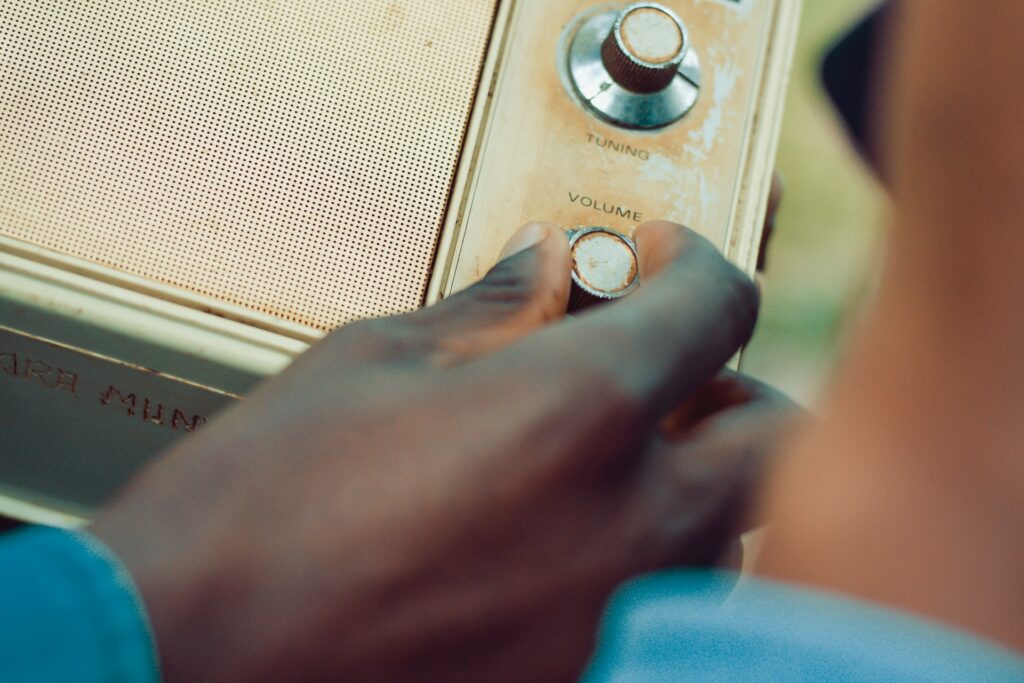
Music is universal—every culture has it. You’ve probably always known that to be true, but there’s new research to back up that claim. That means that music is inherently important to every culture, including your own. On top of that, music can reduce anxiety and pain and even boost your immune system. With all its benefits, it’s no wonder so many events and venues have background music playing.
Background music doesn’t just fill the otherwise awkward silences in elevators or delicately mask strangers’ conversations at restaurants. It sets the tone for your event and can even impact your guests’ actions. When customers have a better experience with your company or brand, they’re likely to spend more money. And music can certainly enhance their experience at your event or fundraiser. With all these benefits, you should add background music to your event-planning checklist!
Whether you were already planning on background music or not, there are three important steps for selecting the perfect background music. First, you have to decide what kind of mood you want at your event. Second, you have to choose the songs (or have someone else pick them for you!). And third, you have to get the rights to said music. Now, let’s look at each of these steps in more detail.
1) Set the Mood

Music can improve your mood. And we don’t just mean that an upbeat song can make you happy. According to Harvard Health Publishing, between 1994 and 2006, multiple studies have found that music can reduce depression. In addition, a 2009 meta-analysis found that using music can help patients with sleeping disorders improve their sleep quality. So when you’re planning background music for your event—for any type of event—think about how you want your guests to feel or what actions you want them to take.
Choosing the Music Type
The background music that you play will set the tone for your whole event. For example, if you’re planning a reserved dinner party or fundraising event, you’ll want soft, classical music that makes your guests feel calm and comfortable. They’ll be more likely to socialize because the music isn’t overpowering. Plus, if their mood is boosted, they may be more likely spend money or extra time at your event.
On the other hand, if you’re planning an energetic work mixer, you can add electronic music or pop hits to your playlist. Especially if you have activities planned! Music that’s a little more upbeat and little louder will add to the venue’s energy and encourage coworkers to participate and speak up.
Selecting the Right Volume
Whatever music you choose, keep the volume in mind, too. Loud classical music isn’t going to comfort your guests—especially if they can’t talk over it. Instead, keep softer music just audible enough to hear without covering up the voices. Especially at networking-related events. Guests will be talking—not shouting!—and your music volume should allow for that.
Bonus Tip: Mix and match the music. Play louder, upbeat music when you want guests to cheer or be energized (like the start of a performance), and turn on mellow tunes when you want them to listen (like a pre-event happy hour).
Similarly, if there will be cheering and shouting, you can turn the background music up a little bit. Again, you don’t want to overpower your guests’ voices. But if you want the music to set the mood, you need to hear it!
2) Choose the Songs
Once you’ve figured out whether you want guests bopping to the beat or mellowing out, it’s time to create your playlist. If you’re planning a private event, like a birthday party, or a personal one, like a wedding, you may decide to hand pick each song. (Or task the wedding party to help!) Usually, this is an ideal option if there are specific songs you don’t want played, or if you want to create the perfect event from start to finish.
Bonus Tip: Don’t skip Step #3 when choosing your songs!
But if you’re planning a corporate function or public event, you may be less concerned about the actual songs and more focused on the overall vibe. After all, hand crafting a playlist takes a lot of work!
If you’re looking for inspiration, you can always browse pre-made playlists on the various music streaming platforms (Spotify, YouTube, Apple Music, etc.). But be careful about streaming those playlists at the event—you may not have the legal right to do that. (We’ll cover that in Step #3)
Lyrics or No Lyrics?

Background music is meant to enhance your event, and music with lyrics can be distracting at certain event types. In general, we recommend lyric-free background music when you want guests to talk or if you want a mellow atmosphere. Music with lyrics is usually played louder than instrumental songs so you can hear its words, and the louder music will detract from your mellow mood. In addition, it can be difficult to talk over lyrics—especially at a more subdued event, like during networking or at a private party.
If you want guests to dance or get a little rambunctious, lyrics are OK, especially if you want your guests to get loud. Then, you can turn up the volume so everyone can hear the words, and guests will get louder to talk over it. Just make sure it isn’t too loud! We suggest testing out the venue before the big day to determine the right settings.
3) Get the Licenses
With some events, you’ll need to acquire licenses to play music—even if you pay for a streaming service. Streaming services like Spotify are only approved for personal, private use, and not for use at public events. The same goes for purchasing music or CDs: You still don’t have the right to play it publicly. The music licenses don’t just give you the rights to play music at your event; they also compensate the artists and the team behind the song.
The companies that protect the artists’ rights are called Performing Rights Organizations (PROs). There are three in the United States (BMI, ASCAP, and SESAC), and they all represent different artists. That means if you want to play a single song to introduce your speaker, you could just purchase one license from the PRO that owns the rights to that song. But, unfortunately, if you want a full playlist of varying musicians, you’re better off purchasing licenses to all three—just to be safe.
Do I Need a License?

In general, music licenses are required for public events or live performances, but not for private events. While you should conduct your own research or consult an attorney regarding your specific event, generally speaking, private events include events that are just for family and/or close acquaintances. However, there may be some gray area, so do your research ahead of time. For example, is a wedding with 10,000 people a private affair? Probably not.
Bonus Tip: Charitable functions are exempt from license requirements only if certain standards are met. Review the requirements before planning your charitable function.
Public events are events that are, well, public. And a performance includes any live performance of music—especially if someone is being paid, like a live band or DJ. So if you’re public conference has background music in between sessions, you’ll definitely need music licensing.
Alternatives
You can always use royalty-free music on popular sites like Free Music Archive. These are similar to royalty-free stock images on sites like Unsplash or Pexels. You don’t have to pay to use the art, and you can use it however you want—you just can’t sell it to someone else.

You can also subscribe to a service like Cloud Cover and Soundtrack Your Brand, which cover all the legwork and legalese for music licensing for businesses. For a monthly fee, they handle all the legal paperwork and provide you with playlists that your specific licenses allow you to play. It’s an easier—and sometimes cheaper—alternative for businesses that need multiple licenses for different events. For more information on music licensing, check out the BMI website and this songdivision article.
Conclusion
Much like the wrong napkins won’t ruin your event, the wrong background music won’t cause it to flop, either. (Avoid offensive or polarizing lyrics, just to be safe!) But choosing the right music can enhance your event and put your guests in a better mood. And remember: Setting the mood isn’t just about picking the right songs; it’s about setting the right volume at the right moments.
What’s the mood at your next event? How do you plan to set that mood for guests?


